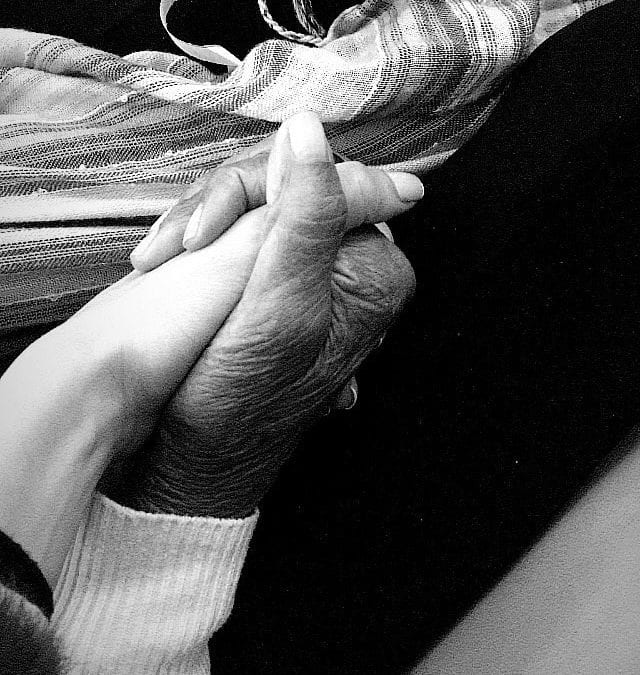Career anxiety. It seems more and more people are familiar with its symptoms – fear that they’re not on the right path, not meeting their goals in time, or that doing their best just isn’t enough. We live in a time, as Belgian psychotherapist Esther Perel says, where work is “no longer just what we do, but who we are.” We all have our doubts – jobs after uni, internships throughout, signing up to being on the exec of student-led initiatives, balancing grades, networking, getting to know people in the field, getting hands-on experience. Uni isn’t just about learning – it’s about becoming a professional, too.
Working at a rest-home offered a reassuring sense of perspective. Life is long! We get do-overs. We make mistakes that end up leading to better things. No failure is permanent (unless you let it). It’s so easy to say all these things, of course, and much harder to implement them. It was a great opportunity to stop hearing disembodied common sense, and instead hear it from people who have had three or four career changes or stayed in one area and regretted not trying something different later.
So here are the main takeaways:
So long as you have health, anything can be improved
Not to be that person who says… “other people have it far worse than you do,” but gratitude does come in handy when you’re going through an existential crisis. We have good health and don’t live in times of war.
Many of the people I cared for had returned to New Zealand after serving in the Korean War, were affected by both implicit and explicit discriminatory policies in the 1970s and 80s, or lived in Britain and Austria during WW2. Often, they couldn’t start their studies until after they had served, and by then they had families to care for. The economy was in a far worse shape and many didn’t have the option to study what they were really interested in.
If they did get the chance to study, they jumped at it. “The student years,” said a man who survived the Blitz, now in his nineties. “One of the best times of my life.” Anything can be dealt with then, it’s up to you and your attitude.
Personally, I found it so valuable to hear them reflected on their pasts as experiences or lessons that didn’t define them, but from which something could be gained. Imagine if we all had this sense of perspective with the little and big challenges we face.
Life is long, a change of plans is perfectly okay
We may not end up living what we envisioned early on in our lives, but luckily, our definitions of success may change over time. Our eighteen year old selves may not know what’s in our best interests, and luckily life doesn’t give them the power to decide what we will do forever.
To us, a gap year or a less-than-efficient summer may feel disastrous, but it’s the sum of your life that really matters, too. I had barely started my life when I was twenty, I’ve been told. A year or two doesn’t matter so much.
A change of plans is also perfectly fine. Life derails and changes. The German philosopher Friedrich Nietzsche said that to understand, one needs to have a long vision of life. Things happen that are out of our control and while there may or may not be a reason for them, they have domino effects that can lead to better things.
Failure is okay, too.
There are plenty of lessons you can take from listening to the stories of people in their nineties – but personally, I found it so reassuring to realize that some of the things we may find terribly embarrassing or career-defining may not matter at all in the grand scheme of things. If not this year, then maybe the next, or the one after. If you don’t make it in your twenties, you can make it in your thirties, or your forties, or your fifties. Just stay alive! Doing the best we can and keeping a good attitude may be the key, though you’ll have to come back in seventy years for a confirmation on this hypothesis.
